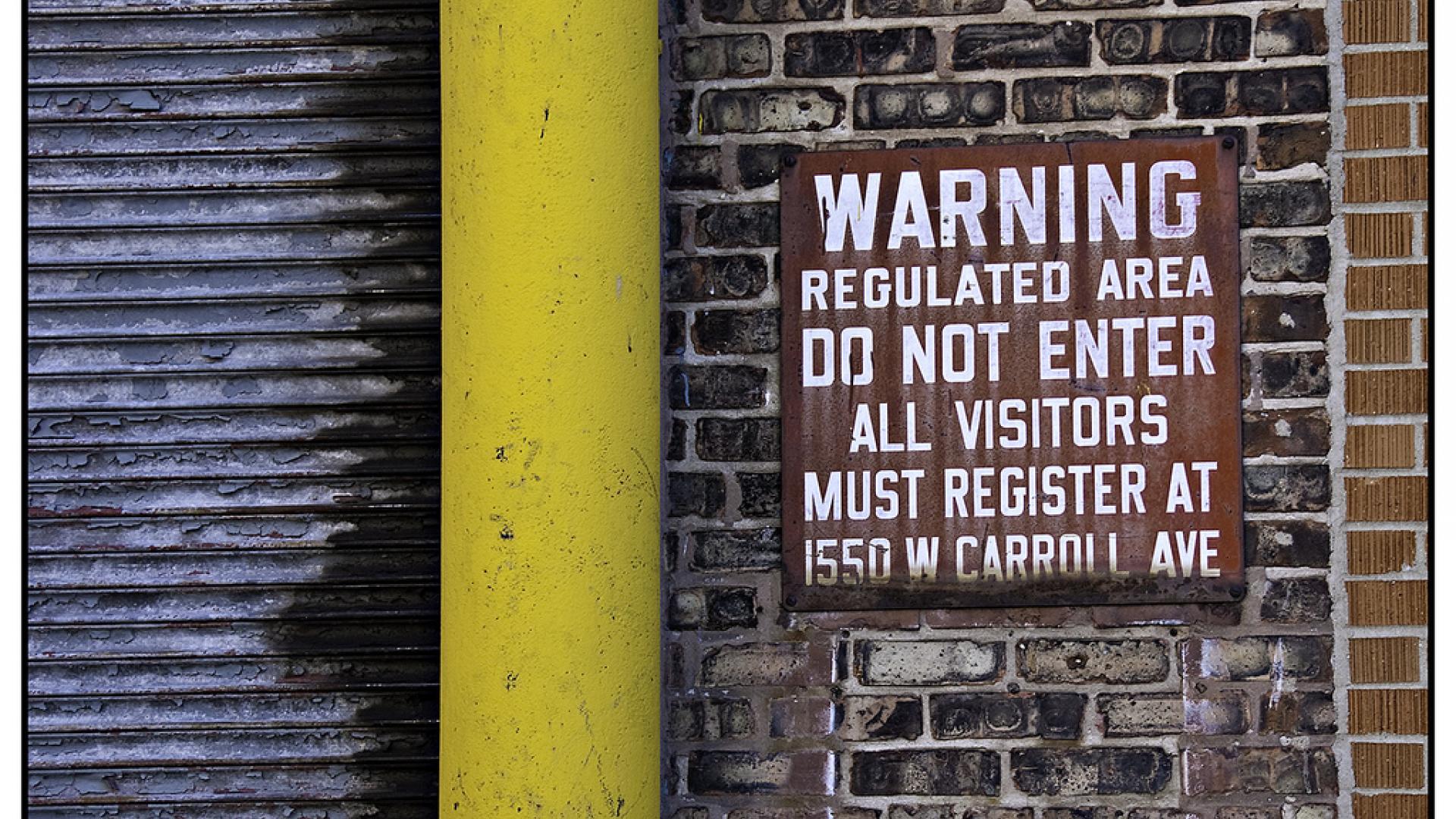Lord Hodgson's review highlighted the need for fundraising regulation, but what about other parts of the sector?
The Hodgson review has thrown into sharp relief some of the key issues around self-regulation of fundraising. The three-corner scrap between the Institute of Fundraising, the PFRA and the FRSB is developing nicely. The Institute has queried whether the suppliers on the PFRA board have a conflict of interest, and the PFRA has asked the Institute the same question about its board. The Institute is holding summits without inviting the other two parties. If this is happening in public the mind boggles as to what is going on behind closed doors.
This is a shame. Not least because the fundraising community has much it should be proud of in relation to self-regulation. The biggest thing it can be proud of is that there is self-regulation at all. That self-regulation is largely funded by charities rather than government, and with only five years track record I believe that progress is steady and irreversible. Our own research shows that donors are more satisfied with the giving experience than they were in 2006. While its impossible to show cause and effect overall things are moving in the right direction.
The issue for me is why have no other parts of the sector done anything to mirror fundraisers' commitment to best practice, let alone to members holding themselves up for scrutiny. Is there a code of best practice for charity CEOs and their pay levels – not that I know of. Is there a code of best practice for charity finance or demonstration of impact or accountability (not unless you count the moribund ImpACT coalition which went from the Institute of Fundraising to ACEVO and now looks homeless and fundless). Is there a code of practice for being transparent over administration costs? There is a code of good governance but there is no mechanism for demonstrably signing up to it or any scrutiny. The only other thing that does exist are the SORP guidelines from the Charity Commission and their main role is to increase opacity rather than clarity, for all but accountants. Beside that it's not self but statutory regulation if it comes from the Commission.
Perhaps it's only fundraising that needs self-regulation. Our research evidence is clear on this. Its not. The public worry as much about how the money is spent as how its raised. When we ask the public what worries them about charities or that they find off-putting the top three responses are:
• Too little money actually going to the cause
• Not being clear how donations are spent
• Too much being spent on staff salaries
Only the fourth on the list of concerns – fundraisers being too persistent – is unambiguously a fundraising issue. Our recent research on CEO salaries showed that the public thought charity CEOs were paid more than they thought was ideal. Yet another demonstration that what the public want and what they think they get are very different.
So the lack of other codes is not because there is no need. It can only be because other parts of the sector haven't shown the leadership or vision that fundraisers have. I am proud of what the Institute of Fundraising has created in terms of self-regulation over the last decade. I am sure that the system could be improved but the real issue is why the other professionals in the sector have done so little to promote visible best practice in the eyes of the public.
Joe Saxton

